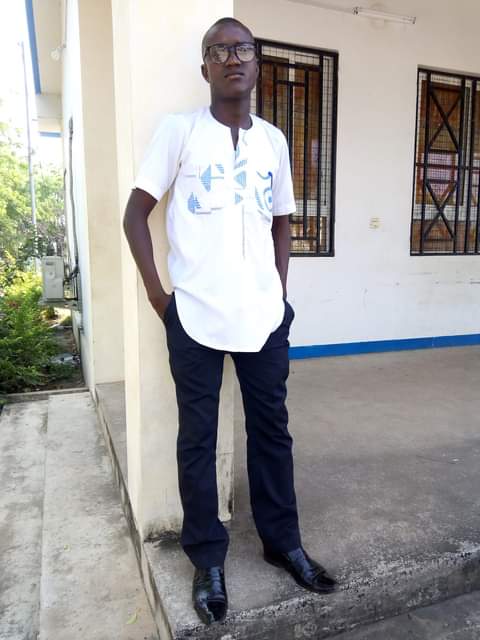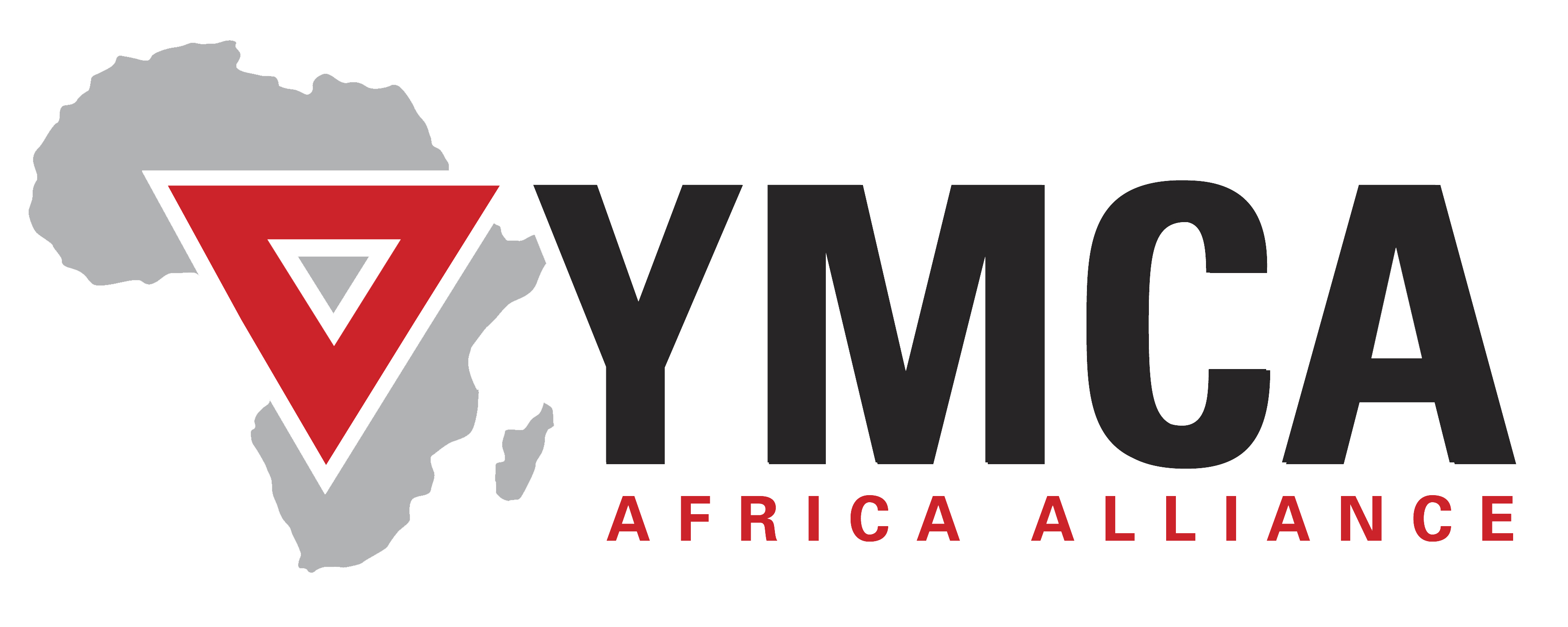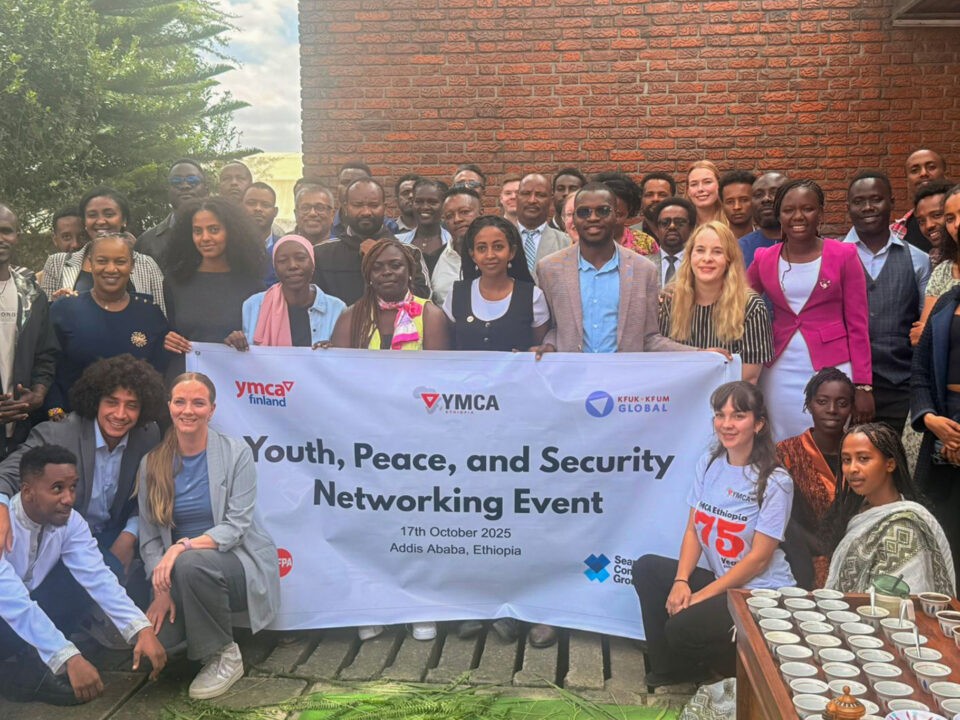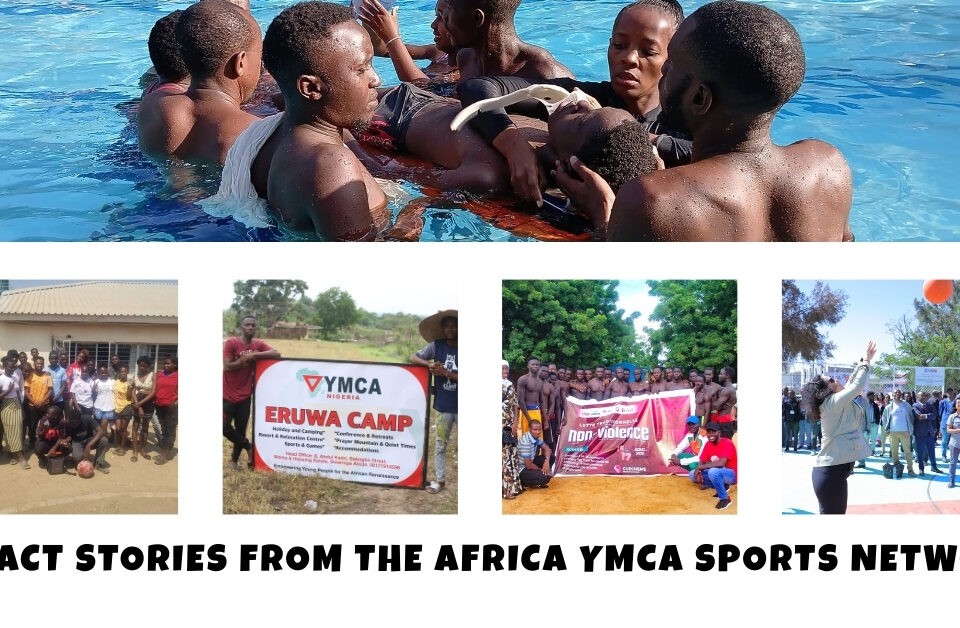SEXUAL GENDER BASE VIOLENCE IN SIERRA LEONE

Africa Y3.0 The Next Generation YMCA
29/10/2020
THE RADIO CONVERSATION
07/12/2020ABSTRACT
This paper aims to provide an analytical insight on the current state of knowledge on gender-based violence among Woman and Girls in Sierra Leone. Anger has been mounting over sexual violence against women and girls following a series of high-profile cases, including that of a five-year-old girl left partially paralysed after an alleged assault by her uncle.
Activists say few cases are reported and successfully prosecuted.
Genderis the social construction of roles according to whether a person is male or female. Gender is pliable and varies across cultures, time and context. Gender is one of several defining socio-cultural characteristics, such as ethnicity, religion and age, which define a person’s experience and their opportunities.
Sexual Gender-based violence (SGBV) defined as, any physical, sexual and psychological harm remains a major public health problem despite numerous written political.
BACKGROUND
Sierra Leone is a deeply gendered society, where the socio-cultural norms that govern attitudes, behaviours, practices and expectations results in gender inequality. Gender inequality coupled with staunchly held, restrictive gender norms manifest itself in high levels of gender-based violence (GBV), which due to the weakened social structures in Sierra Leone leave survivors vulnerable and unable to seek redress.
The socio-cultural norm of gender inequality means that gender-based violence, particularly affects women and girls – denying them the opportunity to fully and equally participate in the rebuilding of Sierra Leone and relegating them to a lower status than men and boys. Simultaneously, men and boys are not only potential perpetrators of gender-based violence but are subjected to, and restricted by, the same socio-cultural gender norms.
Violence against women and girls in Sierra Leone is intentional and systemic. It is the physical, sexual, emotional and structural harm inflicted on a woman as a deliberate method for maintaining their subordinate status. Anyone in society can be affected, but the highest proportion of sexual gender based violence is experienced by women and girls in society. Rape is a violation of a person’s rights and dignity and is always wrong. After a person has been sexually assaulted, they need help and support. Visible violence (e.g. beating, rape) and the frequently dismissed emotional and psychological violence, is often facilitated by invisible violence (the threat of violence, economic dependence and at the root- a system of women’s oppressions). Structural violence which is often invisible and not considered violence is committed against women and girls due to been born into an unequal environment where women and girls are generally valued less that men and boys. It reveals itself when looking at the health, economic, educational and political status of women and girls in Sierra Leone: high maternal mortality rates, illiteracy, increased risk of HIV, poverty and limited political representation.
All of the above leaves women and girls exposed to high levels of sexual violence, domestic violence, transactional sex and sexual exploitation and abuse with little if any opportunity to seek justice.
WHAT DID THE PRESIDENT SAY?
Mr Bio declared the emergency at State House in Freetown after hearing the testimony of an Ebola survivor who had repeatedly been raped.
“With immediate effect, sexual penetration of minors is punishable by life imprisonment,” he said, visibly moved by the survivor’s account.
He also announced the formation of a dedicated police division to investigate reports of sexual violence, as well as a special magistrates’ court that would fast-track cases
WHAT ARE PEOPLE SAYING IN SIERRA LEONE?
In ensuring the speedy trial of such cases, the Judiciary constitute a separate court to deal with such offenders. Unfortunately, this menace does not seem to go away. Since then, cases of rape have rather sky rocketed than reduce. The recent report by the Sierra Leone Police on cases of rape recorded by the Family Support Unit (FSU), showed a marked increase from 2017. According to the report, there has been constant increase in cases of rape annually since 2017. In 2019, the FSU recorded 3,252 rape cases.
It could be recalled that declaration of the State of Emergency on Rape was as a result of a five year old girl who was raped and is permanently handicapped for life. President Bio’s reaction was that such men should not join the free world and should spend the rest of their lives behind bars. Today, the most recent case involves another five year old girl who was raped and autopsy report show that she was physically assaulted by her assailant and died from the incident.
According to the autopsy report, the little innocent child had a fractured Cervical Vertebrae, Spinal Cord Injury, Anal Dilation, Manual Strangulation etc. With the above discovery from the autopsy, the victim could not have survived.
This dastardly act has received wide condemnation from women’s groups, CSO Activists and campaigners for women’s rights, and most of all in the Mother of the Nation, Madam Fatima Bio, who has declared battle between the rapist and all women organisations, including her office and the Presidency. This act is being seen by many as a complete disregard for life and an affront to the stand of the government and people of Sierra Leone.
Sierra Leoneans are calling on the government to take the necessary action to see that the perpetrator faces justice and give closure to the family. Whilst his guilt will not bring back the child, but serious action, by way of punishment for this action will send the signal that all cases of rape will face the same fate.
Five-year-old Khadija was raped by her relative. According to one of the family members, the motorcycle that was transporting Khadija to the hospital involved in a gruesome accident. The motorcycle was transporting Khadija to the Choithram hospital for medical treatment and forensic examination. According to the autopsy report, the cause of death includes spinal injury, fractured wings, rape, manual strangulation (asphyxiation), and bitten tongue.
Her father resides in the United States and has made multiple attempts to move Khadija to the United States, but the mother refused to release her daughter because of an on-going divorce proceeding. According to close sources, Khadija and her elder sister have been raped multiple times by the same pervert. Khadija was a beautiful youngster. Her dream was to become a Medical Doctor in the United States. Five-year-old Khadija is a dual citizen of Sierra Leone and the United States.
CHALLENGES THAT SIERRA LEONE FACED WITH SGBV
1. Rape and Sexual Assault
Statistics of survivors of survey rape and sexual assault continue to sour on a daily basis; with the highest number of victims recorded among adolescent girls. Rainbow Centre Statistics reveal that in the year 2019 3,701 sexual assault cases were recorded and 2,604 were aged 0 – 15 years (70.4%). In 2020 from January to August 2,245 cases of sexual assault with approximately 75% aged 0 – 15 years. The situation of survivors SGBV continue to be worsened by the culture of silence that makes it difficult to access lifesaving and age appropriate services. With many cases going unreported; and community compromise; perpetrators go unpunished. School based clinics, safe spaces, free education and scholarships for girls and sexual education are key progressive actions that can go a long way protecting girls and ensuring that they are aware of their rights. In Sierra Leone, approximately only 13% of girls who manage to enrol in secondary school complete their education.
2. Teenage Pregnancy and Early Marriage
A general limited access to sexual and Reproductive Health Rights; sexual abuse and forced marriage are key challenges facing adolescent girls. A majority of girls who get pregnant are forced to marry the perpetrator; drop from and left with not much option.
3. Limited knowledge of Laws and services
Girls lack understanding of their rights and how they can protect themselves. In addition, communities and families that are supposed to protect them have limited understanding of laws and policies that protect girls.
Young girls are trafficked from the rural areas to urban areas; and from Sierra Leone to other countries in the hope of getting education and brighter opportunities. Unfortunately, a majority of them are subjected to hard labour and exploitation and in some scenarios enJup as sex slaves.
CONCLUSION
SGBV is rooted in gender inequalities and thus research on SGBV among Women and Girls requires application of frameworks that consider the dimensions of gender. Relevant analytical frameworks should put into account the gender power relations that create subordination of Women and Girls. The intersectional framework allows underpinning the complex multidimensional factors that expose women SGBV. In addition, combining the social model and the material feminist framework is ideal as it clearly illustrates that all women and Girls whether with disability or not have vulnerabilities that are used by perpetrators to exert power and control; however, disability adds an additional layer of vulnerability. The identified research gaps include a lack of data on SGBV prevalence, risk factors and consequences. Existing research on SGBV does not fully encompass all Woman and Girls as it lacks disaggregation by gender, type of disabilities and other social categories such as ethnicity-racialization, sexual identity orientation or expression. I identified a critical need to evaluate how existing services address the needs of Women and Girls exposed to SGBV because this evidence is almost non-existent. Future research on all aspects of SGBV among Person with disabilities (PWDs) will provide policy-relevant empirical evidence valuable in fostering political commitment and subsequent comprehensive public health engagement.





